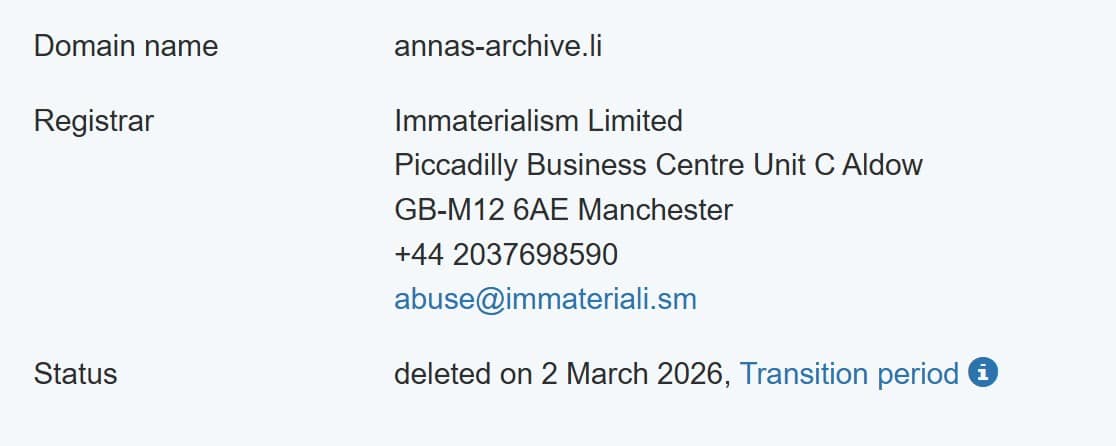Trump couldn’t accept the fact that he lost the 2020 election. So he stood idly by (if you believe his narrative) or urged on (if you believe your own eyes and ears) his supporters to raid the Capitol building to seize the election from the electorate. If that meant killing his own vice president, so be it.
Eventually, Trump left office, replaced by Joe Biden for a whole four years of relative sanity. Then Trump returned to office and immediately pardoned nearly every one of his supporters who had been criminally charged with federal crimes for participating in the January 20th insurrection attempt.
Since then, he and his GOP enablers have been doing everything they can to rig the next election, despite claiming to have been victims of similar election-rigging in 2020. Aggressive gerrymandering has now been superseded by seizures of voting records, attempted prosecutions of Trump’s political enemies, threats to send ICE out to engage in election suppression, and more.
The GOP has a very slim majority at the moment. GOP legislators opting to retire are now derailing pro-MAGA legislation. Democratic opposition is finally showing some signs of life. And California has responded with pro-Dem gerrymandering of its own, limiting the effectiveness of GOP members running for congressional seats.
Now that it’s starting to look like a fair fight out there in the electorate with the mid-term elections approaching, the administration is making a push to seize election power from the states in order to give Trump the congressional majority he needs to keep being as awful as he’s been since his return to office.
President Trump doubled down on his extraordinary call for the Republican Party to “nationalize” voting in the United States, even as the White House tried to walk it back and members of his own party criticized the idea.
Mr. Trump said on Tuesday that he believed the federal government should “get involved” in elections that are riddled with “corruption,” reiterating his position that the federal government should usurp state laws by exerting control over local elections.
If states “can’t count the votes legally and honestly, then somebody else should take over,” he said in the Oval Office, accusing several Democratic-run cities of corruption. “Look at some of the places — that horrible corruption on elections — and the federal government should not allow that,” he added. “The federal government should get involved.”
A nationalized election process is just a welcome wagon for autocracy. That’s why it’s never happened before, thanks to the foresight of the founding fathers who definitely weren’t interested in going back to being the subjects of a king, even if the king pretended a captive process was actually a democratic election.
And that’s why it’s being bandied about by this administration — one that clearly doesn’t care what happens to America as long it continues to remain in power. That’s also why Trump isn’t necessarily angling for a full takeover of midterm elections. He just wants to interfere in places where his lackeys have a real chance of losing elections.
During a podcast interview with Dan Bongino, his former deputy F.B.I. director, on Monday, Mr. Trump called for Republican officials to “take over” voting procedures in 15 states, though he did not name them. “The Republicans should say, ‘We want to take over,’” he said. “We should take over the voting, the voting in at least many — 15 places. The Republicans ought to nationalize the voting.”
No sentence should ever begin with “during a podcast interview with Dan Bongino” and end with an actual sitting president stating he should be allowed to “take over” the midterm elections in a select number of areas where his supporters aren’t likely to win.
None of this matters to Trump, however. Blessed with a lack of foresight or hindsight, Trump ventured out into the relative safety of his favorite conflict of interest — Truth Social — to ensure Americans that he hasn’t ruled anything out when it comes to actually stealing an election. (h/t Derek Guy and his preservation efforts)
If you can’t see/read the embed, consider yourself blessed. Consider yourself cursed (and feel free to do as much cursing as you feel is necessary) if you choose to read on. Here’s the entirety of Trump’s “it’s coup time baby!” Truth Social post:
The Democrats refuse to vote for Voter I.D., or Citizenship. The reason is very simple — They want to continue to cheat in Elections. This was not what our Founders desired. I have searched the depths of Legal Arguments not yet articulated or vetted on this subject, and will be presenting an irrefutable one in the very near future. There will be Voter I.D. for the Midterm Elections, whether approved by Congress or not! Also, the People of our Country are insisting on Citizenship, and No Mail-In Ballots, with exceptions for Military, Disability, Illness, or Travel. Thank you for your attention to this matter! PRESIDENT DONALD J. TRUMP
These are not the words of a well person. These are certainly not the words of anyone you’d want to have the driver’s keys to a nation, much less the access code to an apartment pool.
Someone who thinks the answer to his hostile takeover of the American election process can be justified by “Legal Arguments not yet articulated or vetted” is the same sort of person who thinks they’re only days away from perfecting a perpetual motion machine or discovering the secret to eternal life.
But while that part of the post may be comically delusional, it’s the next sentence that’s far more worrying. This is the president claiming he will mandate his version of “Voter I.D.” at the polls, whether it’s legal or not.
And it definitely won’t be legal. Almost every effort the administration has made to disenfranchise voters, alter long-standing election rules, and eliminate voters not likely to side with Trump and the GOP has resulted in lawsuits. Very little of this litigation is settled. And what little of it has been settled has resulted in a loss for Trump.
The GOP’s efforts to codify Trump’s baseless voter fraud conspiracy theories haven’t had much more success. What has managed to move forward is largely redundant, but with the added bonus of allowing Trump’s DOJ to prosecute election officials if the administration believes (hallucinates) local officials didn’t do enough (whatever that means) to dissuade non-citizens from voting.
But this is exactly the sort of thing Trump loves, even if he possibly knows there’s no factual basis for the accusations and insinuations he’s making. If his GOP counterparts lose elections during the midterm, he’ll be the first to start mouthing off about immigrants and “illegal” votes. If his boys win, he’ll take credit for the “fair” election. And the conspiracy theories will return to the slow boil until they’re needed in 2028.
 Anna’s Archive has faced a barrage of domain takedowns in recent weeks, after Spotify and several major record labels filed a high-profile lawsuit.
Anna’s Archive has faced a barrage of domain takedowns in recent weeks, after Spotify and several major record labels filed a high-profile lawsuit.



